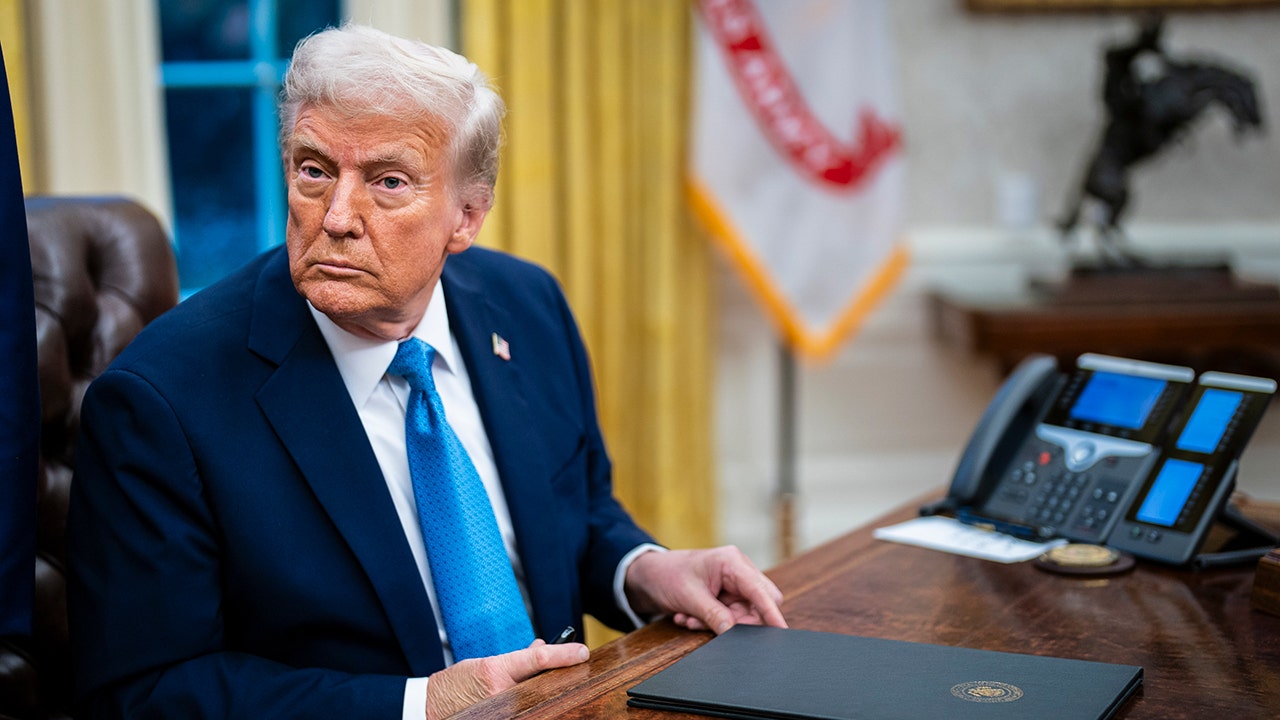Trump defends tariffs, accuses Canada of being ‘very abusive of the United States’

President Donald Trump recently defended his decision to impose tariffs on imports from Canada, Mexico, and China during a press conference at Joint Base Andrews. The tariffs, authorized through an executive order, will go into effect on Tuesday. A 25% additional tariff will be imposed on imports from Canada and Mexico, while a 10% tariff will be levied on imports from China under the International Emergency Economic Powers Act (IEEPA).
During his interaction with reporters, Trump accused Canada of being “abusive” towards the United States. He claimed that Canada restricts U.S. banks from operating within its borders, which he deemed as unfair. Trump also criticized Canada for being tough on energy and limiting the entry of American farm products.
Furthermore, Trump stated that the U.S. subsidizes Canada by approximately $200 billion annually without receiving adequate benefits in return. He expressed his disagreement with the Canadian leadership and hinted at potential repercussions for their actions.
This move by the Trump administration has sparked debates and concerns about the impact it may have on trade relations between the countries involved. Critics argue that such tariffs could lead to retaliatory measures and disrupt the global economy.
In light of these developments, it is essential for stakeholders to closely monitor the situation and assess the implications of these tariffs on various industries. The repercussions of these trade policies could have far-reaching consequences and may require diplomatic interventions to resolve any potential disputes.
As the situation unfolds, it is crucial for businesses and policymakers to stay informed and adapt their strategies accordingly. The evolving trade landscape underscores the importance of fostering open dialogue and collaboration to address trade tensions and promote mutually beneficial relationships among nations.




